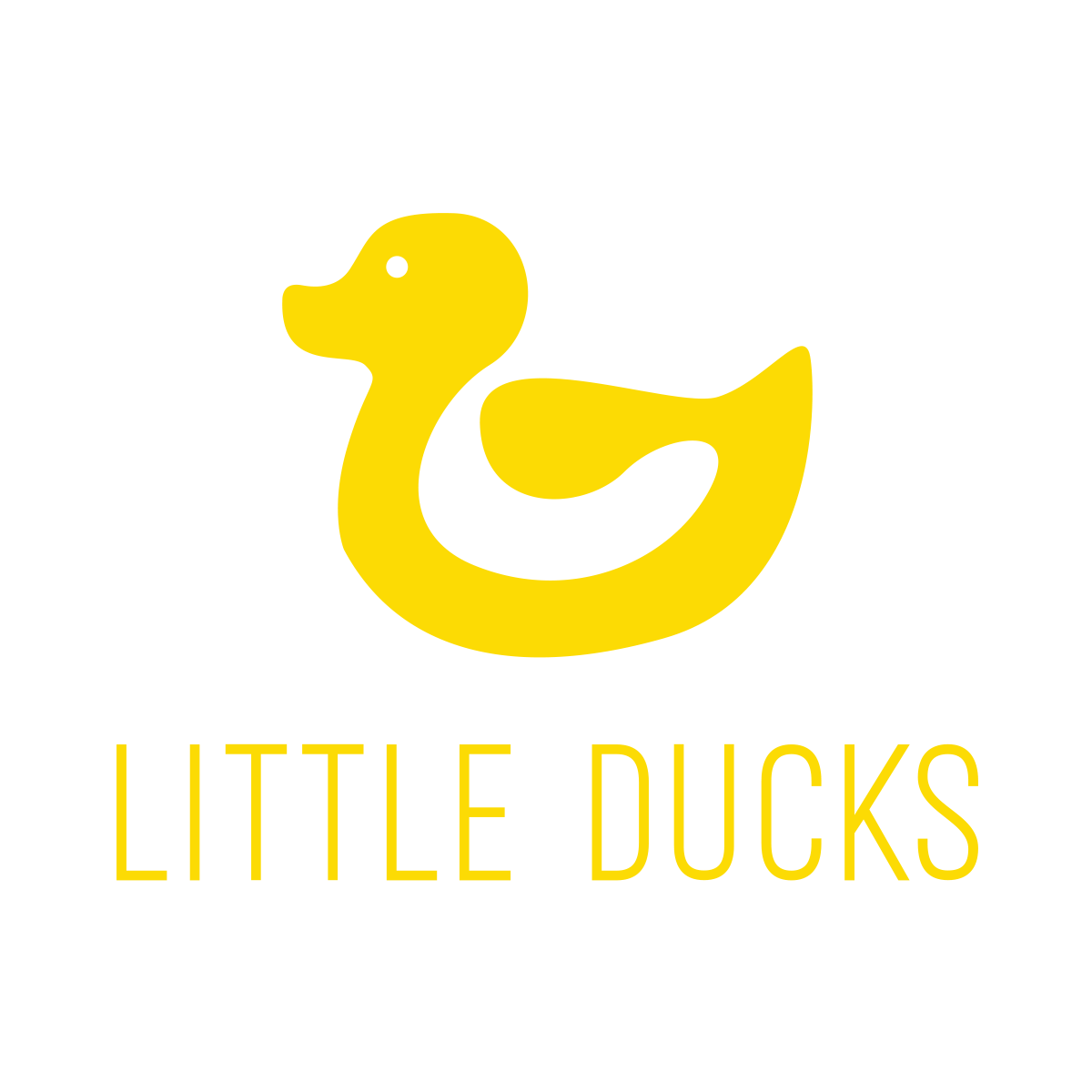Sippy cups are a common item in many households with young children. While they may be convenient and useful in preventing spills, they may also be negatively impacting your child’s speech development.
Studies have shown that the prolonged use of sippy cups can lead to a condition called “anterior open bite,” where the front teeth do not meet properly and the tongue is unable to touch the roof of the mouth (1). This can cause a delay in speech development, as the tongue and lips need to be able to move freely in order to produce sounds correctly. The same study also found that children who used sippy cups for a longer duration had a higher likelihood of speech sound disorders compared to those who used them for a shorter time.
Another issue with sippy cups is that they can affect the way children drink. Sippy cups have a spout, which is designed for sucking, rather than for the tongue and cheek movements needed for speech (2). This can lead to a child forming an incorrect oral posture that may affect their speech production and articulation (3). Children who regularly use sippy cups may find it more difficult to transition to using a regular cup, and may also struggle with speech sounds when they start to talk (4).
Additionally, sippy cups can also cause changes in the development of the mouth and jaw. The act of sucking through a spout (wider than a straw) can cause the tongue to be positioned in the front of the mouth, rather than the roof, which can result in changes to the shape of the jaw (5). This can also impact the proper formation of the dental arch and cause issues with speech development (6).
In conclusion, while sippy cups may be convenient for parents, it is important to consider the potential consequences for children's speech development. The prolonged use of sippy cups can lead to an anterior open bite, incorrect oral posture, and changes in the shape of the jaw, which can affect the development of speech sounds. Little Ducks Speech Therapy recommends “Skip the sippy cup!” and to use regular open cups or straws to promote proper oral posture and speech development. If you have any questions about your child’s speech development, contact a Little Ducks The Woodlands speech therapist today for a free consultation!
References:
Shulman, J. (2015). The impact of sippy cups on speech and oral motor development. American Speech-Language-Hearing Association.
Alberga, A. S., Pickett, W., & Jelalian, E. (2010). Sippy cups and childhood obesity: What is the evidence? Clinical Pediatrics, 49(8), 717-722.
Sakuma, K. (2015). The effects of sippy cups on oral development. Pediatric Dentistry, 37(3), 222-228.
Shulman, J. (2015). The impact of sippy cups on speech and oral motor development. American Speech-Language-Hearing Association.
Kumpulainen, S. (2012). The role of sippy cups in the development of oral posture. Journal of Orofacial Orthopedics, 73(1), 1-7.
Bishara, S. E., Laffoon, J. F., & Jakobsen, J. R. (2002). A longitudinal study of the effect of sucking habits on the dentition and orofacial structure of young children. American Journal of Orthodontics and Dentofacial Orthopedics, 121(4), 391-397.
